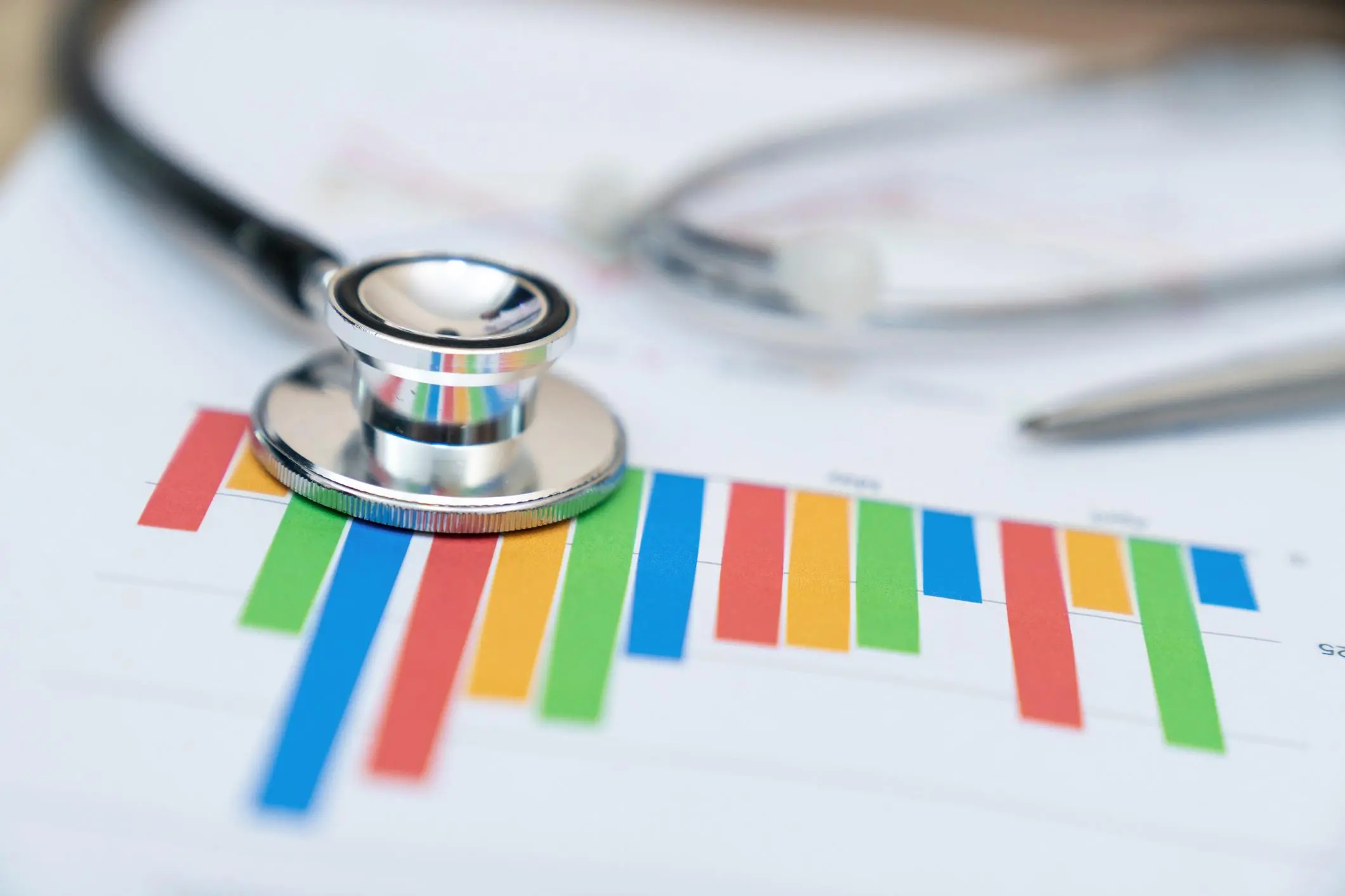PHOTO
The GCC Healthcare industry is expected to witness a boost in investments to meet the growing demand owing to the pandemic. Additionally, a post pandemic expected economic recovery coupled with favorable policy changes will offer interesting opportunities to encourage investor interest, Alpen Capital said in a report.
Driven by the pressure exerted by the COVID-19 outbreak, health systems in the GCC states are likely to further ramp up investments in digitization to drive future growth and improve operational efficiencies, the report from the investment banking group said.
Service providers are also likely to upgrade existing infrastructure to better prepare for any potential outbreaks in the future, the report noted, adding, the industry is expected to witness increased collaborative measures that will pave the way for better disease management and improved care services across specialties.
Industry shortcomings are anticipated to be addressed by boosting domestic manufacturing. The governments continue to support local manufacturers by offering various incentives in a bid to make healthcare sector more self-sufficient.
Sameena Ahmad, Managing Director, Alpen Capital (ME), said: "With exceptional planning and fiscal support from the regional governments the sector has maintained a moderate growth momentum.”
“Increasing life expectancy at birth, improvements in infant mortality rate and an ageing population are the key demographics expected to drive the region’s healthcare system. Technological advancements and digitization will also play a crucial role in driving growth and improving operational efficiencies," she added.
Among the other trends, the report noted that health systems are likely to scout for inorganic growth opportunities through acquisitions and further diversify their offerings. The sector has seen robust M&A activity over the last two years, specifically in the UAE and Saudi Arabia, it said.
Investment in research activities and digitization of services is also expected to spur innovation.
"While the region observed a handful of cross-border acquisitions, there were several intra-regional deals as companies are looking to offer integrated services and increase market share. Health systems are also looking to scout for inorganic growth opportunities to further diversify their offerings. The region is likely to show high interest in acquiring stakes in LTPAC and home healthcare services,” Krishna Dhanak, Executive Director, Alpen Capital (ME) said.
Growth drivers
The GCC economy is expected to rebound over the next two years with the GDP to see a 2.3 percent and 3.5 percent growth in 2021 and 2022, respectively, as the COVID-19 situation normalizes. This is likely to drive recovery in the healthcare sector as demand escalates and health systems evaluate expansion plans that were otherwise put on hold due to the pandemic.
Increasing life expectancy at birth, improvements in infant mortality rate and an ageing population are the key demographics driving the region’s healthcare system, the report said. The number of older people (aged 50+) are expected to increase at a CAGR of 6.9 percent between 2020 and 2025, while population is likely to grow at a CAGR of 2.3 percent during the same period, the report noted.
The GCC countries are witnessing a high prevalence of NCDs, a major cause of most of the deaths in the region. Considering the high cost and length of treating such lifestyle ailments, the healthcare expenditure in the region is set to rise. The gradual rollout of mandatory health insurance across the region will increase the utilization of medical services at private healthcare facilities, it said.
The GCC has an estimated 161 healthcare projects with a combined value of $53.2 billion under various stages of development. Such massive project pipeline is likely to augment the scale of healthcare services in the region. The GCC countries continue to promote the region as a hub for medical tourism as part of their economic diversification plans. Dubai and Abu Dhabi lead the region in attracting the highest number of medical tourists in the region.
Leaders
According to Alpen Capital, Saudi Arabia represented around 56.3 percent of the region’s healthcare market with an estimated current healthcare expenditure (CHE) of $35.9 billion in 2017. While the spending proportion correlates with the high population concentration, Saudi Arabia has started focusing on developing the sector through increased private sector participation and PPP projects.
As a result, healthcare spending in the kingdom has increased at an annualized estimated average rate of 3.9 percent between 2012 and 2017. Despite the economic downturn caused by the fall in oil prices, CHE as a percent of GDP remained significant at around 5.2 percent for the kingdom in 2017, the report said.
In contrast, spending growth in the UAE, the second largest market in the GCC, recorded a negative CAGR of -0.1 percent between 2012 and 2017. The slowdown can be attributed to a fall in government as well as private spending in 2015 and 2016.
While expenditure in the UAE, Kuwait and Bahrain revived in 2017, an estimated lower private spending in Saudi Arabia and lower government spending in Qatar and Oman led to a downfall in the overall expenditure for these countries. Excluding the UAE, the five-year annualized growth rates in CHE of the other countries stood in the range of 3.9 percent to 7.1 percent.
(Writing by Seban Scaria; editing by Daniel Luiz)
Disclaimer: This article is provided for informational purposes only. The content does not provide tax, legal or investment advice or opinion regarding the suitability, value or profitability of any particular security, portfolio or investment strategy. Read our full disclaimer policy here.
© ZAWYA 2020





















